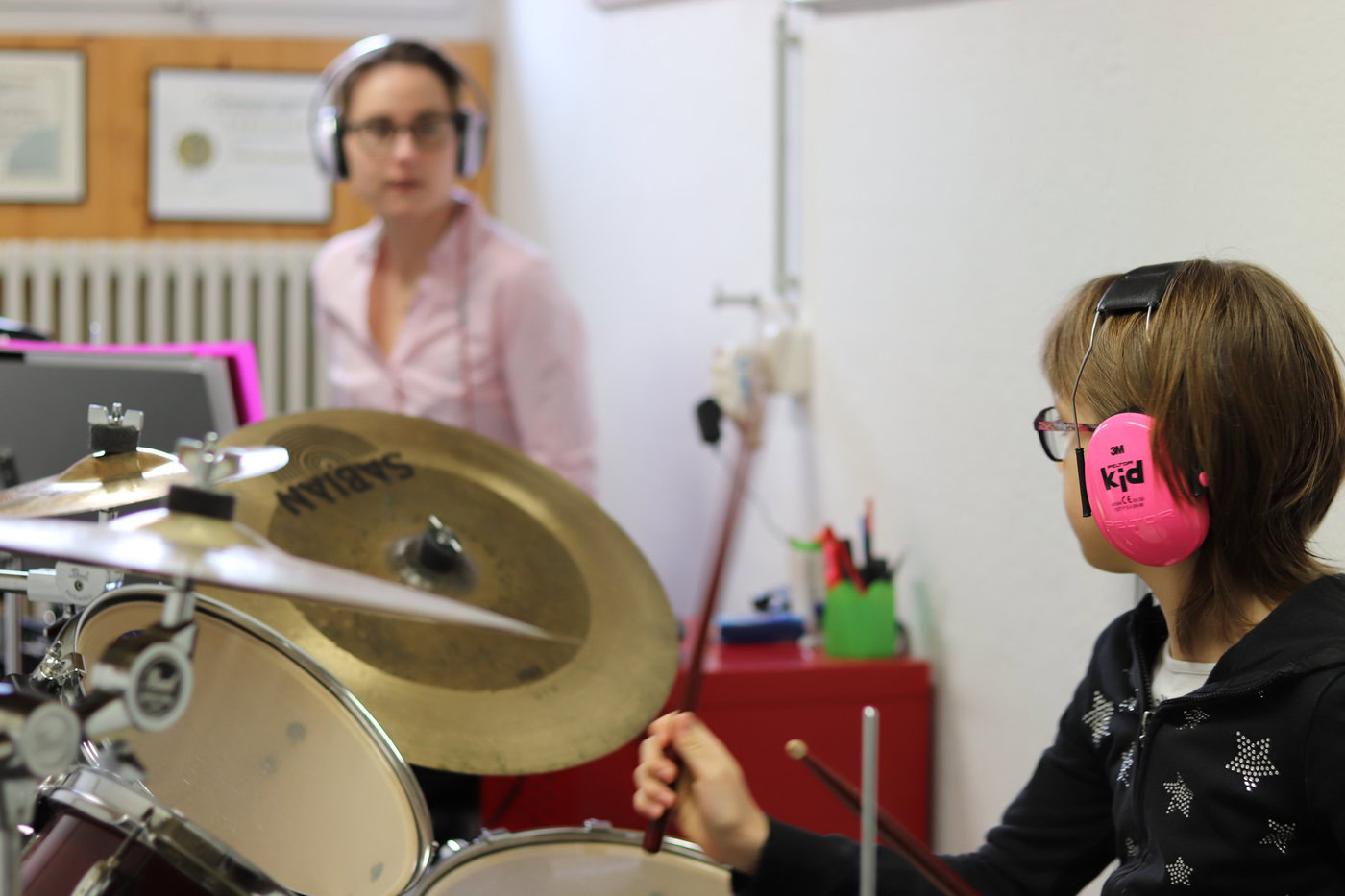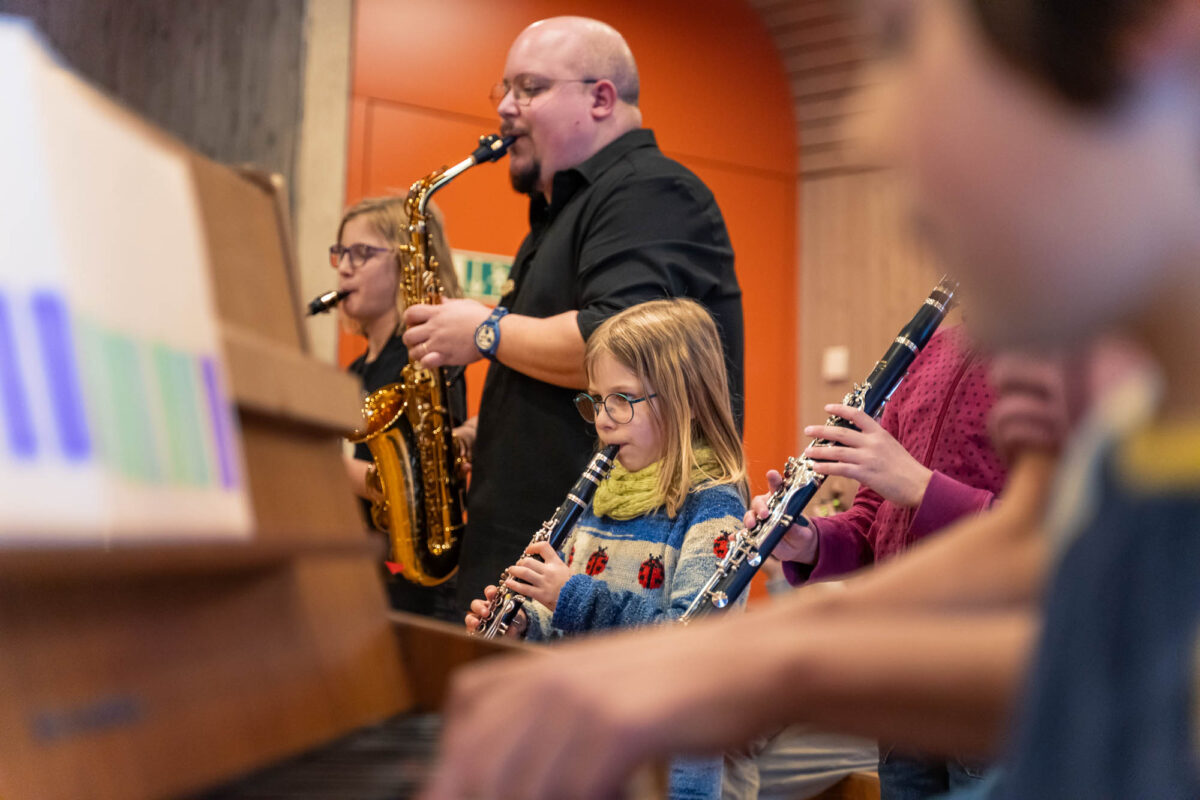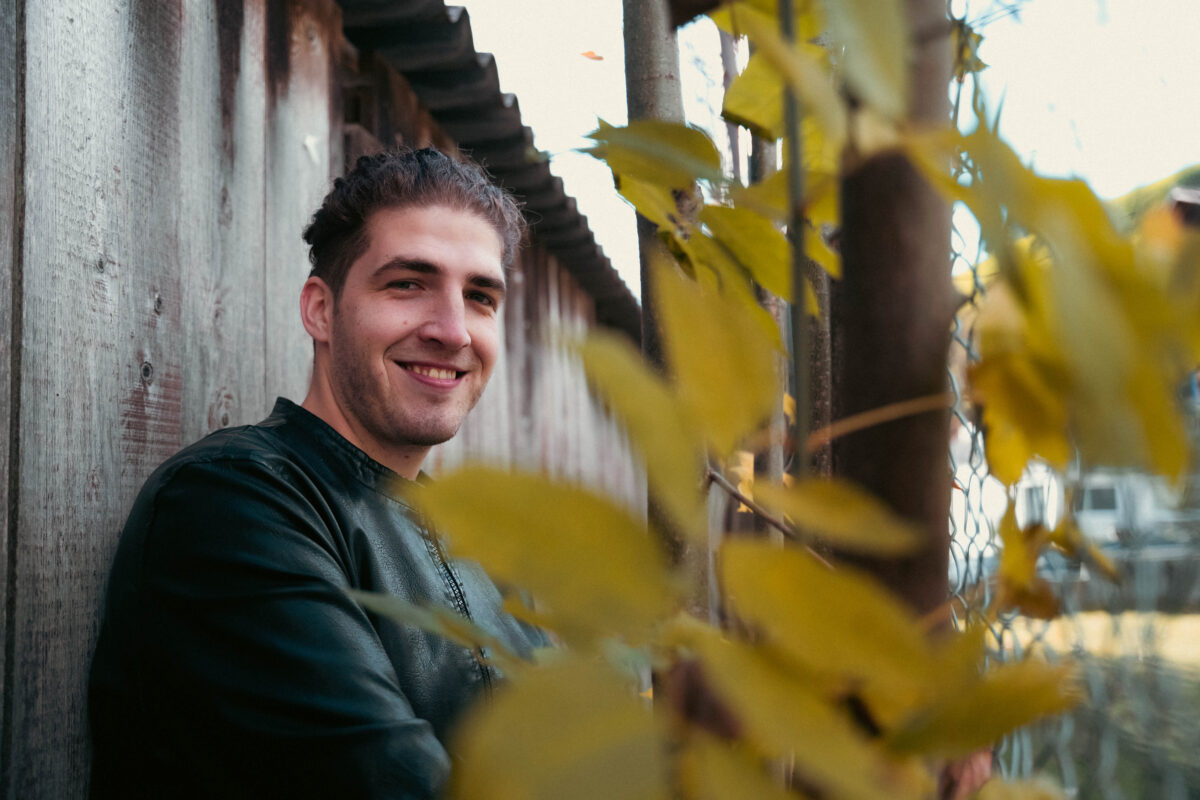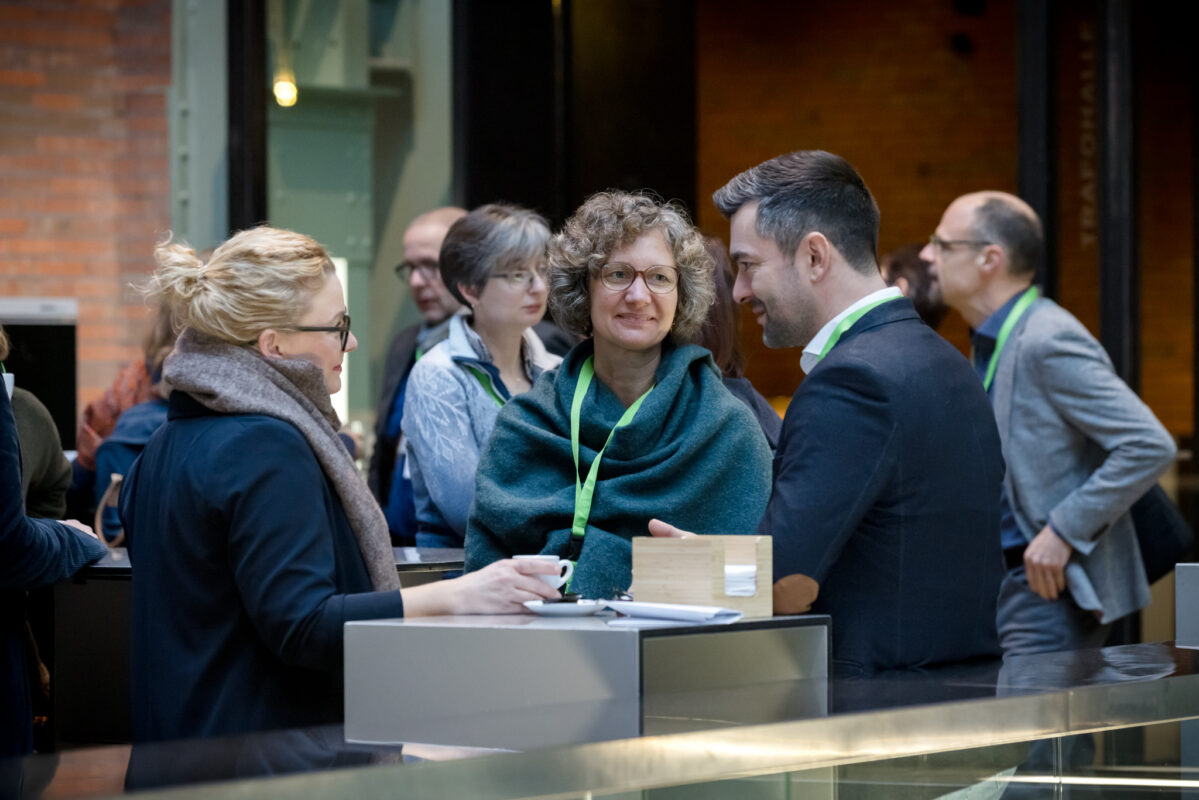Dyslexia and dyscalculia in music lessons
The jury of the VMS Good Practice Competition awarded its first prize to a project of the EJMA Valais: a specialized department that has been welcoming students with physical or mental health problems for five years.

"I have my little lab at home," says Sarah Perruchoud-Cordonier, "I have dyslexia and dyscalculia and I am the mother of three little girls who are also 'multi-dys'." Sarah Perruchoud-Cordonier doesn't mince her words when she explains why she became interested in teaching children with learning difficulties and why she opened the first specialized department for these children at EJMA Valais.
Since August 2020, this area has provided access to music learning for all children, regardless of their cognitive and intellectual level, disabilities or illnesses. Pupils can take lessons in accordion, percussion, piano, singing, cello, flute, keyboard, musical introduction and musical language. Nine teachers have specialized in this subject area as part of a CAS. And this CAS was awarded to them by M4All, the association that Sarah Perruchoud-Cordonier founded herself: "At music colleges, this kind of specialized training is not part of the basic curriculum. I had students who weren't doing well, but instead of letting them give up, I tried to find keys and integrate them into my lessons. My home lab helped me. Then I did a DOLCE training focusing on educational music therapy for children with learning difficulties, followed by a specialization in Paris. I tried to list what was possible and combined these pedagogical tools into a method that I called Les Clés de la Pédagogie M4all and immediately founded a training organization, M4all Formation Sàrl."
Learning to interact
The idea of this training is to offer action-response style teaching based on case studies and teaching materials adapted to each individual's characteristics. It is about learning how to deal with the child as an individual - rather than learning how to teach them music. A pupil with dyslexia, for example, will be dyslexic all his or her life, even when it comes to reading music. Together with the pupil, the music teachers clarify how participation in lessons and concerts can be made possible.
The students from each department are involved in cross-school projects. They take part in workshops, group courses and even concerts, "and nobody notices," says Sarah Perruchoud-Cordonier. "We give group lessons with real education for others. For example, we explain what Down syndrome is. We pretend to believe that these different children will integrate into normal society. And if the disability is too severe, we look for a solution. It has to be a win-win for everyone."
Around one hundred children and young people have benefited from adapted music lessons since this section of the EJMA Valais was founded. And some of the trained music teachers are now also using the method in other music schools in French-speaking Switzerland.
Find out more about the project here.








